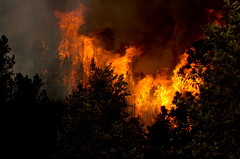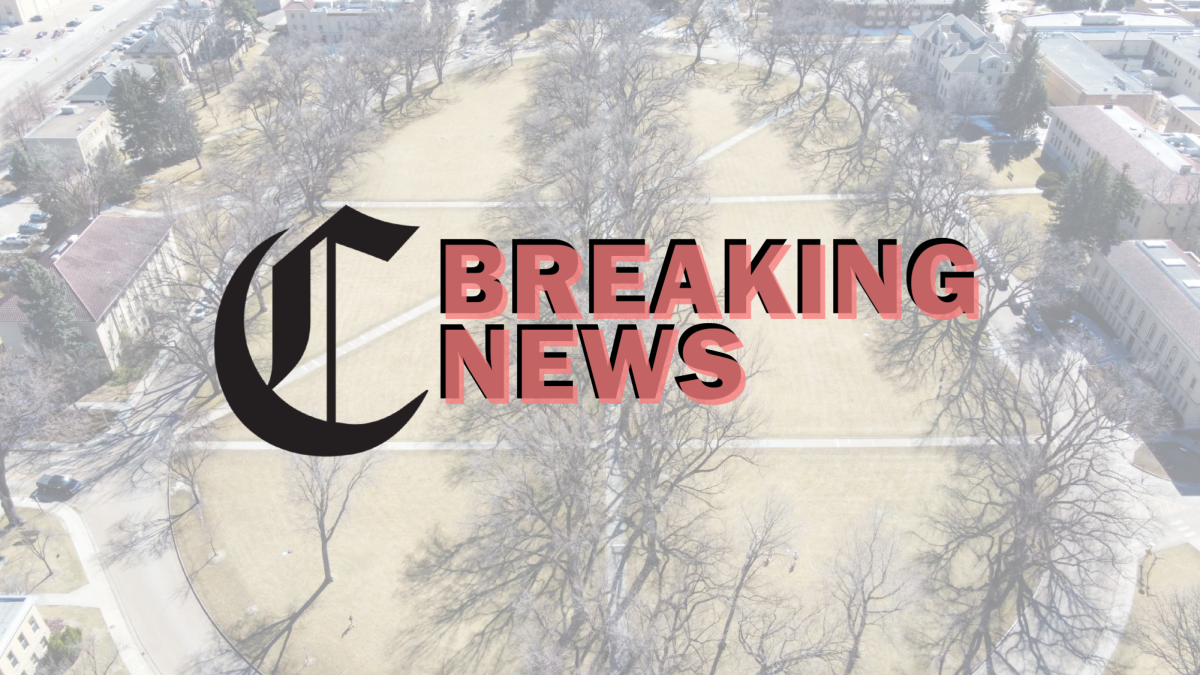
“[We] make sure that we learn from investigations into certain events, the Arizona fire being one of them”, said Captain Patrick Love of the Poudre Fire Authority. “We must honor those who have come before us by studying what went wrong so that it doesn’t happen again.”
Fires started by lightning strikes are well known to the PFA, with around 100 strikes daily in Colorado last week. The soaring temperatures and lack of rain have contributed to the severity of grass fires that have sprung up in such large numbers in the Southwestern states.
Ad
Dry thunderstorms, like the one that sparked the Yarnell Hill Fire, have spread across the region. Notably, dry thunderstorms are not accompanied by rain. According to a report by the BBC, as they heat up above the desert, large shower clouds build up and rain falls. However, due to the dryness and heat of the air near the ground, any rain evaporates before it reaches the surface. The charge still remains, and when it is unleashed, it easily ignites the arid ground. Similar conditions affect large swathes of Colorado for much of the year, so existing safety practices must be scrutinized.
“Last year the High Park fire was the largest property loss fire in Colorado history before being overtaken by the Waldo Canyon Fire in Colorado Springs 3 days later”, said Love, who has been in the fire service for over 26 years, and in his current role as captain for seven. “Fortunately, we don’t deal with fires on this scale very often, but when we do, they are very devastating to property, the environment and lives.”
It is important to Love that all necessary safety precautions are taken.
“Firstly, we want to make sure that our firefighters are properly protected with suitable equipment”, he said. “We also want to make sure that they are trained correctly.”
“When our fire fighters first start, they go through an introductory course in wild fire fighting, and then have refresher courses as they go through their training.”
The deaths of fellow fire fighters have a huge impact on the firefighting community.
“Losing somebody in the line of duty, whether it’s in firefighting, law enforcement or any other profession, is tragic not only for the family and friends, but for the organization itself”, he said. “Losing 19 fire fighters in one round is devastating, and so we must make sure that our firefighters learn from it and are prepared for similar events.”
In addition to adequately preparing fire fighters, Love points to technology as an important aspect that needs to continually improve.
“Technology needs to catch up. There are a lot of areas that people are working on to bring technology to the level that we need,” he said. “Scientists are trying to make our bunker gear and breathing packs lighter and more compact”.
Ad
“They are also working on a fire fighter location system, so that the commander can locate his men by looking at a screen”, he continued. “That will be huge for improving safety.”













